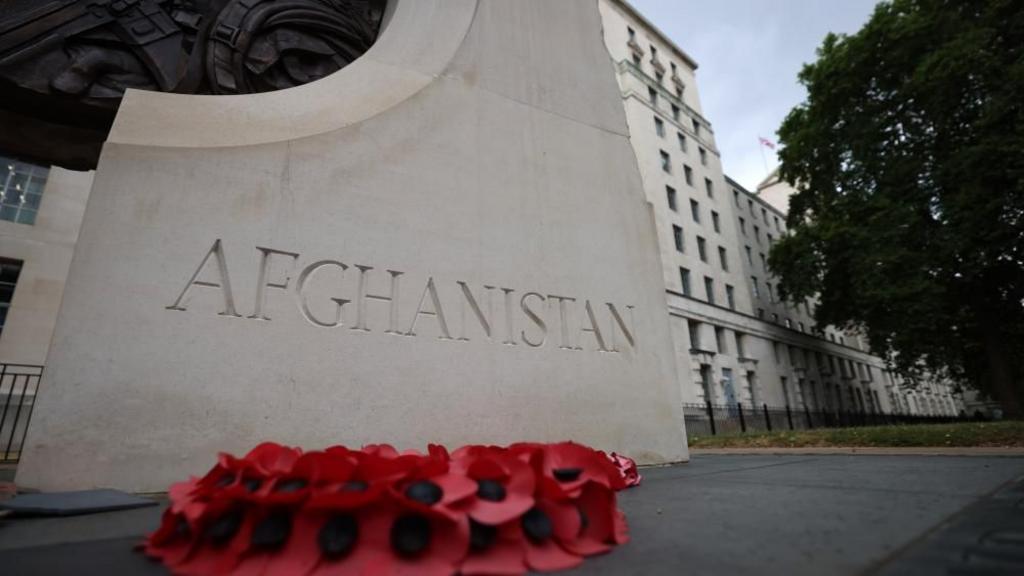More than three years have elapsed since a British official inadvertently exposed a dataset containing the names and contact information of thousands seeking to escape potential Taliban retribution.
In April 2024, the government initiated the relocation of some of these individuals to the UK. This development is only now coming to light due to extraordinary measures taken to suppress news of the breach and the ensuing response.
As the complete picture is finally revealed, critical questions persist for Britain’s security establishment.
Data breaches are a recurring reality, reminiscent of events like WikiLeaks, the Snowden disclosures, and the countless cyberattacks and ransomware incidents impacting corporations regularly.
While data leaks are not novel, their consequences can be life-threatening, a possibility acutely relevant in this instance.
The recent revelations are likely to instill fear in hundreds, potentially thousands, of Afghans fearing Taliban reprisal.
For those already evacuated to Britain, it likely signifies a permanent exile as long as the Taliban remain in power.
For the 600 former Afghan government soldiers and their estimated 1,800 dependents still in Afghanistan, the news will bring unease until the UK fulfills its commitment to secure their safe passage.
Crucially, this incident did not stem from a sophisticated cyberattack orchestrated by a state-sponsored group.
Instead, it originated from an unintentional error by a single individual within the Ministry of Defence.
UK forces were deployed to Afghanistan, alongside US and NATO allies, for nearly two decades, from October 2001 to August 2021.
During this period, they collaborated closely with Afghan government allies, relying heavily on their local expertise.
The Special Forces (SF) were particularly sensitive, as they were a target of intense animosity from the Taliban.
With the fall of Kabul and the rest of Afghanistan to the Taliban in the summer of 2021, the immediate relocation of former Afghan SF soldiers and their families became a priority.
Beyond this group, thousands of other Afghans risked their lives collaborating with the British over those two decades.
Motivations varied from patriotism, a belief in building a better Afghanistan, to financial incentives, and trust in Britain’s commitment to safeguarding their lives and personal information.
This data breach now threatens to undermine any future assurances from British officials that “your data is safe with us.”
Upon discovering the “unauthorized data breach” 18 months after its occurrence, the UK government secured a super-injunction, preventing media publication.
A super-injunction is an extreme measure that prohibits even reporting on its existence.
This restriction has only been lifted now, following an independent review.
While a logical argument can be made for its necessity in protecting the affected individuals, concerns are now being raised regarding potential political motivations behind the injunction, which was pursued by the previous Conservative government.
Mr. Justice Chamberlain, the High Court judge who lifted the super-injunction, noted that it had “had the effect of completely shutting down the ordinary mechanisms of accountability which operate in a democracy”.
If you are willing to speak to a BBC journalist in relation to this story, you can do so here.
Details of nearly 19,000 people who wanted to leave Afghanistan were mistakenly leaked three years ago.
The existence of the scheme could not be reported until now because of a court injunction.
Delays and personnel shortages are “undermining the armed forces’ warfighting capability”, a report says.
Donja was adopted by her handler and is now a loyal guardian and companion for his wife.
Afghans whose personal information was mistakenly exposed by the Ministry of Defence to get up to £4,000 each.

